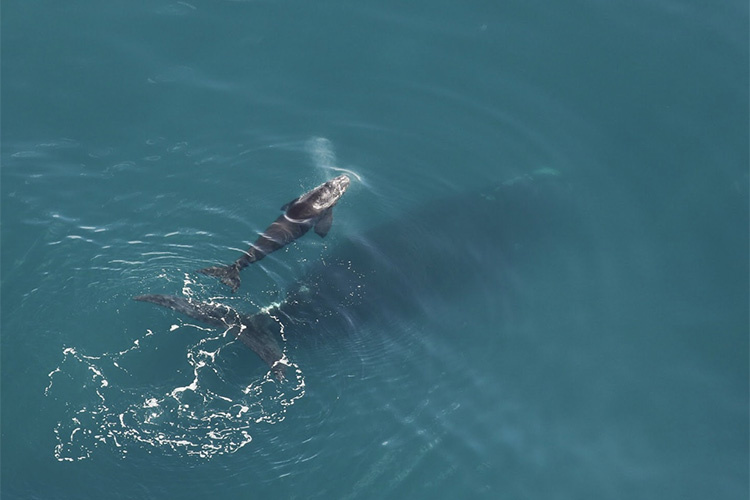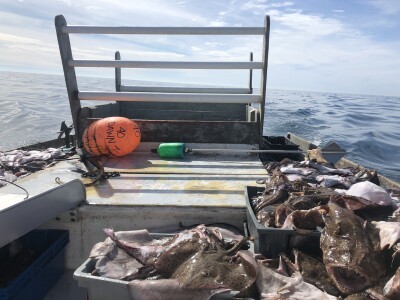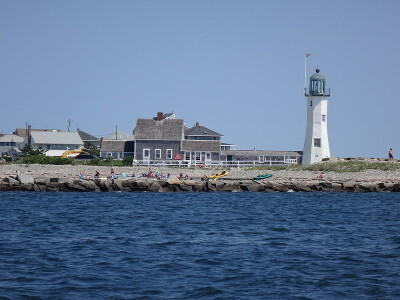Multiple conservation and wildlife protection groups have filed a petition with the National Marine Fisheries Service calling for new rulemaking that includes the prohibition of vertical lines in certain areas.
The petition, submitted 2 December, calls for emergency regulations prohibiting the use of trap/pot and gillnet fishing using static vertical lines in certain areas, and the expansion of two existing closures both “geographically and temporally.” The closures would take place off of Southern New England, and would exempt fishing that uses newer ropeless technologies.
The petitioners include the Center for Biological Diversity, Conservation Law Foundation, and the Defenders of Wildlife.
“North Atlantic right whales are in crisis, and these critically endangered animals need protection from deadly entanglements now,” Center for Biological Diversity's Oceans Legal Director Kristen Monsell said in a press release. “Federal officials need to immediately prohibit the use of vertical fishing lines in the whales’ important habitat areas.”
The petition isn’t the first to call for additional protections for North Atlantic right whales, which according to estimates number just over 350 in the wild. Earlier this year, The Pew Charitable Trusts also submitted a petition calling for vertical line bans in certain areas in Southern New England. And in August, the Marine Stewardship Council suspended its certification of the Maine lobster fishery as sustainable as a result of the right whale issue.
Right whales have been named one of the most endangered animals on the planet, and entanglements with fishing gear have been cited as a threat to the species’ viability. In October, two more right whales were found entangled in fishing gear off the East Coast, adding to the growing list of right whales which have been entangled in gear in the past three years.
“At least 32 right whales have been killed by human activities in the last three years alone, yet the federal government is still sitting on its hands,” Conservation Law Foundation Senior Attorney Erica Fuller said. “The window to save this species is closing. We’re left with no other option but to file this petition. The federal government must declare this situation what it is – an emergency – and take action to protect these animals now.”
The petitioners are the same group that won a lawsuit in April that determined the American lobster fishery violates the Endangered Species Act. That lawsuit has given the NMFS until 31 May, 2021, to crate new regulations to solve entanglements.
That timeline, the petitioners state, ignores the current risk to right whales.
“But in the meantime, there are no new mitigation measures in place,” the groups said in a press release. “The petition seeks to ensure additional protections are in place while [NMFS] develops long-term regulations.”
The petition is in response to a lack of action over the past several years, the groups said.
“Four out of every five North Atlantic right whales has suffered from entanglement at least once. Yet the government refuses to act as an entire species teeters on the brink of extinction," Defenders of Wildlife Senior Attorney Jane Davenport said. "We must give these whales some breathing room in the areas where they feed and mate, oblivious to the dense maze of entangling fishing lines surrounding them.”







